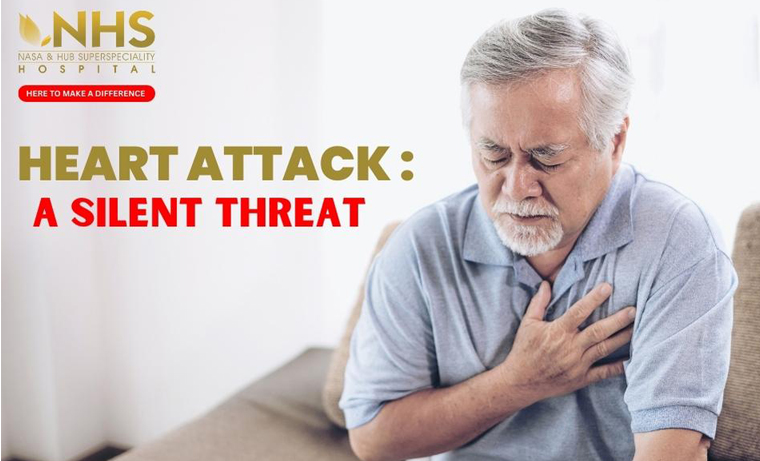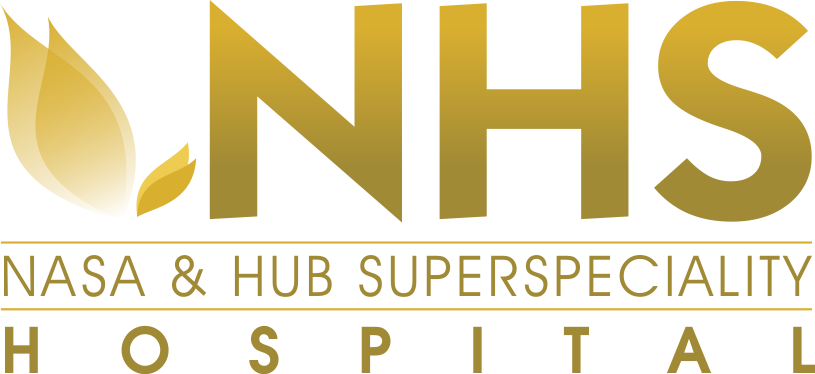
Heart attacks, also known as myocardial infarctions, are life-threatening medical emergencies that occur when blood flow to a section of the heart muscle is significantly reduced or completely blocked. Despite being a leading cause of death worldwide, heart attacks often strike unexpectedly and can be mistaken for less severe conditions. Understanding the causes, symptoms, prevention measures, and immediate response to a heart attack is essential for safeguarding our cardiovascular health.
The Culprits Behind Heart Attacks
There are many risk factors involved behind heart attack:
Coronary artery disease (CAD)
The primary cause of heart attacks is coronary artery disease, which results from the buildup of plaque in the coronary arteries. This plaque narrows the arteries, restricting blood flow and increasing the risk of blood clots that can trigger a heart attack.
Risk Factors
There are multiple factors contributing to the likelihood of experiencing a heart attack. These include smoking, high blood pressure, high cholesterol levels, diabetes, obesity, sedentary lifestyle, family history of heart disease, and stress.
Recognizing the Symptoms
1. Tightness in Chest:
The most common symptom of a heart attack is tightness or pain in chest or discomfort. It may feel like pressure, tightness, heaviness, or squeezing in the chest, lasting for several minutes or coming and going.
2. Upper Body Discomfort:
Pain or discomfort may also be experienced in other areas, such as the arms, neck, back, jaw, or stomach.
3. Shortness of Breath:
Individuals may feel breathless or experience difficulty breathing, often accompanied by chest discomfort.
4. Cold Sweats and Nausea:
A heart attack can cause cold sweats, dizziness, and feelings of light-headedness. Nausea and vomiting may also occur.
5. Fatigue and Weakness:
Unexplained fatigue and weakness, lasting for days or weeks, can be an indicator of an impending heart attack.
Can we reduce the risk of Heart Attacks?
Adopt a Heart-Healthy Lifestyle:
Maintain a balanced diet rich in fruits, vegetables, whole grains, and lean proteins while reducing salt, sugar, and saturated fats intake. Doing regular physical activity and avoid substances such as excessive alcohol consumption and smoking.
Manage Risk Factors:
Keep blood pressure, cholesterol levels, and diabetes under control through medication, lifestyle changes, and regular medical check-ups.
Maintain a Healthy Weight:
Shedding excess kilograms and maintaining a healthy weight reduces strain on the heart and lowers the risk of heart disease.
Manage Stress:
Implement stress-reducing techniques like meditation, yoga, or hobbies to cope with stress and promote heart health.
Immediate Response to a Heart Attack
Call Emergency Services:
If you suspect someone is having a heart attack or experience symptoms yourself, call emergency services immediately. Fast action can save lives. Get an ECG done as soon as possible.
Rest and Stay Calm:
While waiting for medical assistance, try to keep calm and avoid unnecessary physical activity.
Post Heart Attack Care
Following a heart attack, it's essential to focus on recovery and reduce the risk of future incidents:
Hospitalization and Treatment:
After a heart attack, patients are usually hospitalized to receive appropriate medical treatment, which may include medications, angioplasty or bypass surgery.
Cardiac Rehabilitation
Participate in a cardiac rehabilitation program that includes supervised exercises, lifestyle counselling, and education to improve cardiovascular health.
Medication Adherence:
Take prescribed medications as directed by the healthcare provider to manage risk factors and prevent further complications.
Lifestyle Modifications
Embrace heart-healthy habits, including a balanced diet, regular exercise, stress management, and smoking cessation.
Heart attacks are a significant health concern globally, but understanding their causes, symptoms, prevention, and immediate response can make a life-saving difference. By adopting a heart-healthy lifestyle, managing risk factors, and recognizing the warning signs, we can work towards safeguarding our heart health and reducing the impact of heart attacks on individuals and communities alike. Remember, swift action during a heart attack is crucial, so always prioritize calling emergency services when symptoms arise.














